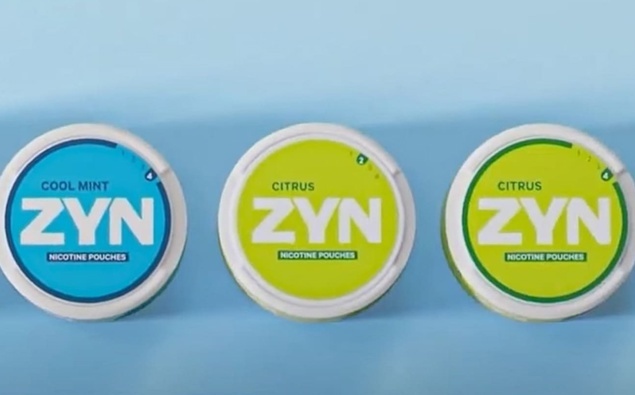According to the New Zealand Herald on April 17, health professionals in New Zealand are warning about a new type of nicotine product that is infiltrating New Zealand schools. ZYN is a smokeless nicotine bag brand that has gradually entered the mainstream through social media influencers on social media sites like TikTok and Instagram.
The Swedish-based product aims to be an alternative to smoking or e-cigarettes to help users quit nicotine.
University of Otago professor Richard Edwards, co-director of Aspire2025, told the Herald they were concerned about the general acceptance of the products among young people.
“Although these products may not be as harmful as smoking, they can be equally or similarly addictive, which could lead to widespread use among young people and widespread addiction to nicotine.”
Mr Edwards warned that unlike other nicotine pack brands such as Snus, the ZYN brand does not contain tobacco. These nicotine packs look like small tea bags and are placed between the lips and gums. They are usually sold in 15 to 20 colorful jars and come in a variety of flavors, including berry, coffee, and citrus.
New Zealand banned the sale of nicotine packs in 2020, but as long as they are not sold, importing them from overseas remains legal. Despite facing a ban, the Herald understands the products are now making their way into schools across the country, with claims that students are selling them among their classmates.
However, Sean Teddy, head of operations and integration at the Department of Education, said the school had not raised the issue with the department.
He stressed,
“Under the Smoke-free Environments and Controlled Products (e-cigarettes) Act 2020 as amended, it is illegal to smoke or use e-cigarettes on campus in all schools, kura kaupapa (Maori language schools), Early childhood education centres and Khanga reo (Maori language immersion kindergartens).”
Casey Costello, the deputy health minister, hinted earlier that she wanted to introduce oral nicotine products, including snus and chewing tobacco, to give smokers more and safer alternatives to smoking.
However, Edwards believes that the introduction of oral nicotine products may not work the way expected. Edwards is concerned that these oral nicotine products are difficult to target the intended population. “The largest number of e-cigarette users are young people…… We want 50-year-old smokers.” He said giving these products unrestricted access to the market could lead to more young people becoming dependent on nicotine.
Edwards believes these products should not be introduced unless there is a very strong reason. He suggested that it might be possible to restrict distribution more tightly by adopting a drugstore-only distribution model, but if these products are widely available in places like dairy stores and gas stations, we could see another product that is widely used by young people.











